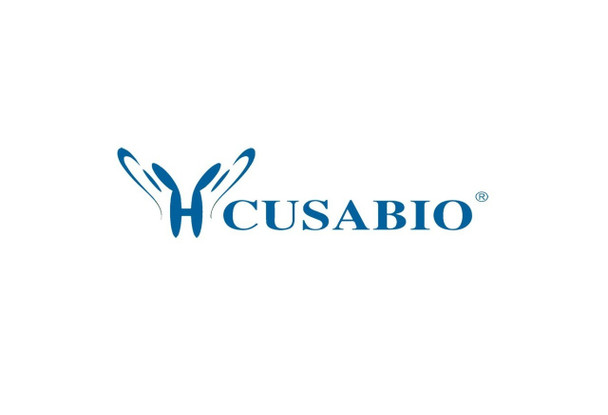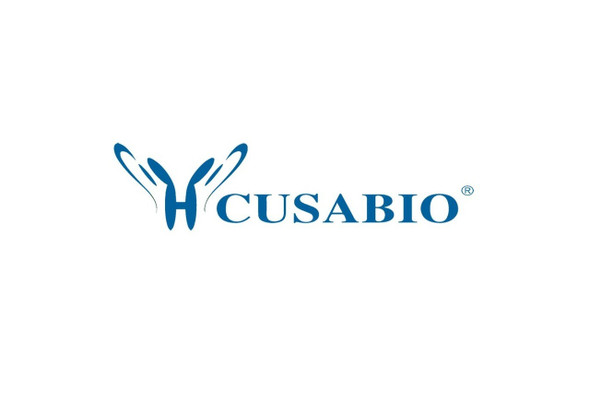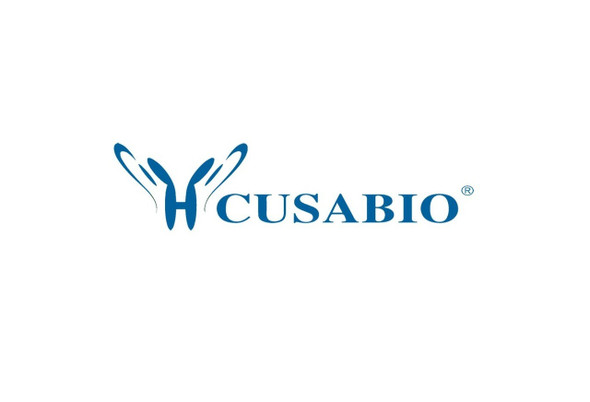Cusabio Polyclonal Antibodies
MAP3K5 Antibody | CSB-PA013427KA01HU
- SKU:
- CSB-PA013427KA01HU
- Availability:
- 3 to 7 Working Days
- Size:
- 100ul (100ug)
Description
MAP3K5 Antibody | CSB-PA013427KA01HU | Cusabio
MAP3K5 Antibody is Available at Gentaur Genprice with the fastest delivery.
Online Order Payment is possible or send quotation to info@gentaur.com.
Product Type: Polyclonal Antibody
Target Names: MAP3K5
Aliases: MAP3K5;ASK1;MAPKKK5;MEKK5
Background: Apoptosis signal-regulating kinase 1 (ASK1), a MAP kinase kinase kinase, plays essential roles in stress-induced apoptosis. ASK1 is activated in response to a variety of stress-related stimuli through distinct mechanisms and activates MKK4 and MKK3, which in turn activate JNK and p38. Overexpression of ASK1 activates JNK and p38 and induces apoptosis in several cell types through signals involving the mitochondrial cell death pathway. Embryonic fibroblasts or primary neurons derived from ASK1-/- mice are resistant to stress-induced JNK and p38 activation and cell death. Phosphorylation at Ser967 is essential for ASK1 association with 14-3-3 protein and suppression of cell death. Oxidative stress induces dephosphorylation of Ser967 and phosphorylation of Thr845 in the activation loop of ASK1, and both are correlated with ASK1 activity and ASK1-dependent apoptosis. On the other hand, Akt phosphorylates ASK1 at Ser83, which attenuates ASK1 activity and promotes cell survival.
Isotype: IgG
Conjugate: Non-conjugated
Clonality: Polyclonal
Uniport ID: Q99683
Host Species: Rabbit
Species Reactivity: Human, Mouse, Rat
Immunogen: Recombinant protein of human ASK1
Immunogen Species: Human
Applications: ELISA, WB
Tested Applications: ELISA, WB;WB:1:500-1:2000
Purification Method: Affinity purification
Dilution Ratio1: ELISA:1:2000-1:10000
Dilution Ratio2: WB:1:500-1:2000
Dilution Ratio3:
Dilution Ratio4:
Dilution Ratio5:
Dilution Ratio6:
Buffer: Buffer: PBS with 0.02% sodium azide, 50% glycerol, pH7.3.
Form: liquid
Storage: Upon receipt, store at -20°C or -80°C. Avoid repeated freeze.
Initial Research Areas: Cell Biology
Research Areas: Cardiovascular;Cell biology







